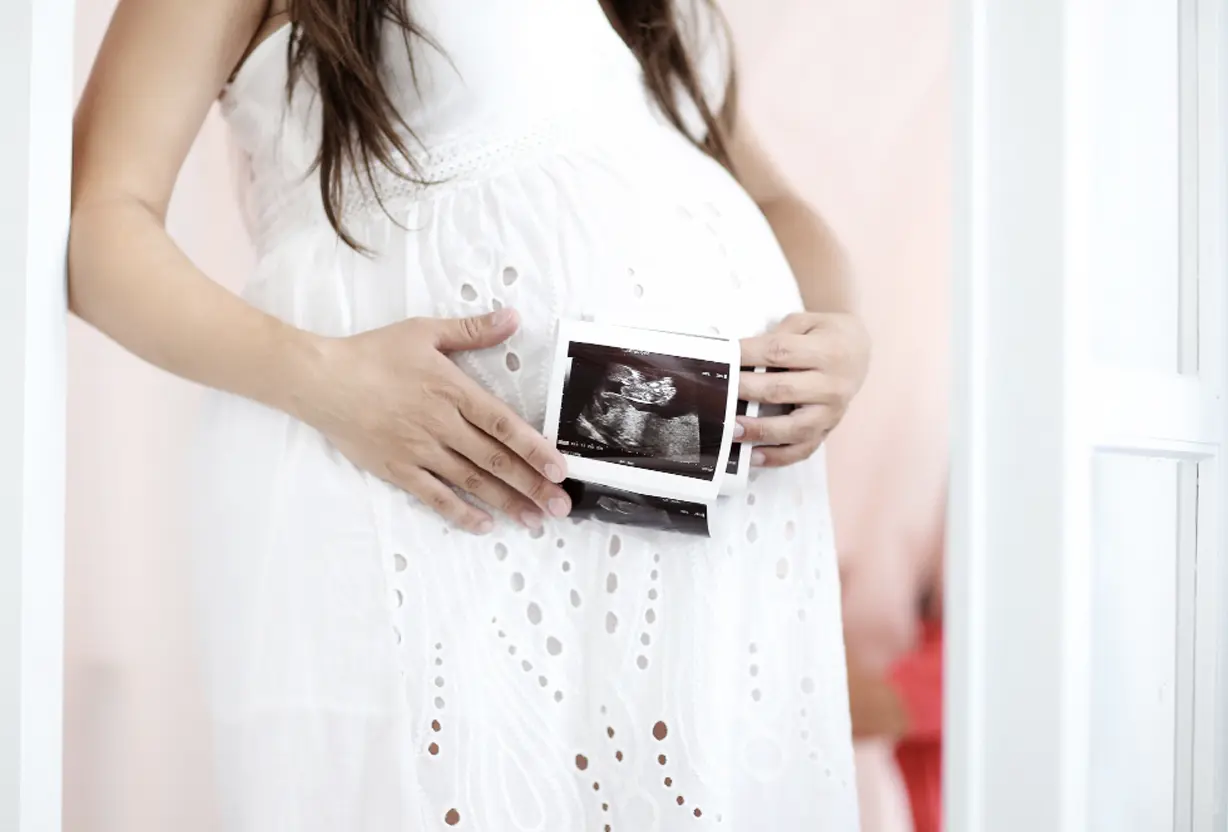1. Preeclampsia
Preeclampsia is a severe condition that typically develops after the 20th week of pregnancy. It raises your blood pressure to above 140/90 mmHg (hypertension) and elevates the protein levels in your urine (proteinuria). It can also affect the blood supply to your placenta, impair liver and kidney function or cause fluid to build up in your lungs. As preeclampsia is dangerous to you and your unborn baby, you should seek treatment from your doctor as soon as possible.
2. Gestational Diabetes
Gestational diabetes is diabetes diagnosed for the first time during pregnancy (gestation), causing high blood sugar that can affect your pregnancy and your baby’s health. You should manage your blood sugar levels by eating healthily, exercising and even taking medication to remain healthy and prevent a difficult delivery.
You will also be at higher risk of type 2 diabetes after your pregnancy, so you will need to continue monitoring your blood sugar levels closely.
4. Being Underweight or Overweight
Being underweight or overweight is associated with several complications, including higher risks of miscarriage, high blood pressure, preeclampsia, gestational diabetes, caesarean birth and stillbirth. Moreover, your baby is more likely to struggle with weight management and other long-term health problems during childhood and adult life.
The closer you are to the healthy weight range, with a body mass index of between 18.5 and 24.9, the more likely you will have a smooth delivery and a healthy baby.
5. Carrying More than One Baby (Twins, Triplets, Quadruplets)
Multiple births or pregnancies mean you carry more than one baby (twins, triplets, quadruplets, etc.). Such pregnancies have higher risks of premature labour, gestational diabetes, and high blood pressure. Your babies are also more likely to have long-term health problems such as delayed development or cerebral palsy, but you do not have to worry too much because most multiples are born healthy.
6. Congenital Disabilities in the Baby
Congenital disabilities are structural or functional anomalies which can contribute to long-term disability. The most common ones are the heart and neural tube defects and Down syndrome.
You can prevent specific congenital disabilities by:
- Being up to date on all your vaccinations
- Adequate intake of folic acid or iodine supplements
- Proper care before and during pregnancy
7. Infections, Mainly Sexually Transmitted Diseases
Chylamia is a common STD caused by bacteria which may cause abnormal vaginal discharge, bleeding after sex or painful urination. If left untreated, you may experience pregnancy issues such as preterm labour, premature rupture of membranes and low birth weight. Your newborns may also develop eye and lung infections as they pass through the birth canal during delivery.
Human immunodeficiency virus is the virus that causes acquired immune deficiency syndrome (AIDS), resulting in severe health conditions. HIV can be passed from you to your child during pregnancy, childbirth, or breastfeeding. However, if your HIV is diagnosed and treated in early pregnancy, like using C-section delivery, the risk of mother-to-child transmission can be less than 1%.
8. Pre-Existing Diseases
Certain health conditions can become further complicated by pregnancy and endanger you and your unborn child. Some pre-existing diseases include hypertension, diabetes, lung disease, kidney disease, heart problems or autoimmune diseases.
Autoimmune diseases, such as multiple sclerosis and active Crohn’s disease, can raise your chances of miscarriage or make carrying a pregnancy to term physically tricky. Likewise, unmanaged thyroid or kidney disease can cause issues with fertility and lead to congenital disabilities, low birth weights, and fetal heart failure.
9. Previous Miscarriage or Preterm Birth
If you have had a miscarriage or another problem in a previous pregnancy, you are more likely to go into labour prematurely or experience other pregnancy difficulties. Research has proven that women with one or more miscarriages are twice as likely to give birth prematurely in their subsequent pregnancy. In comparison, those with three or more miscarriages are at even greater risk. Terminating a previous pregnancy for any reason also raises your chances of premature birth in a subsequent pregnancy.
10. Lifestyle Factors
Consumption of alcohol, tobacco products, or recreational drugs will pose serious health risks to yourself and your unborn baby, including congenital disabilities, developmental delays, and low birth weights.




